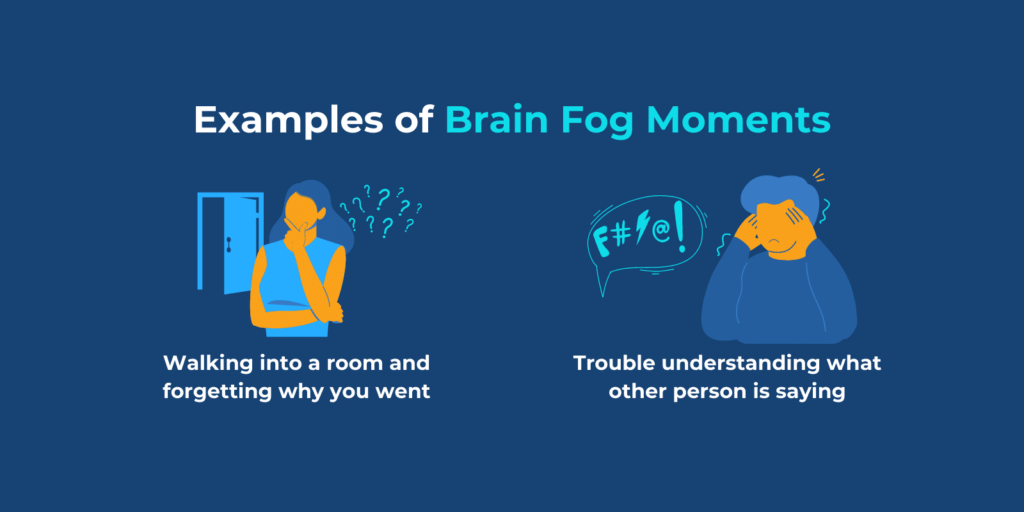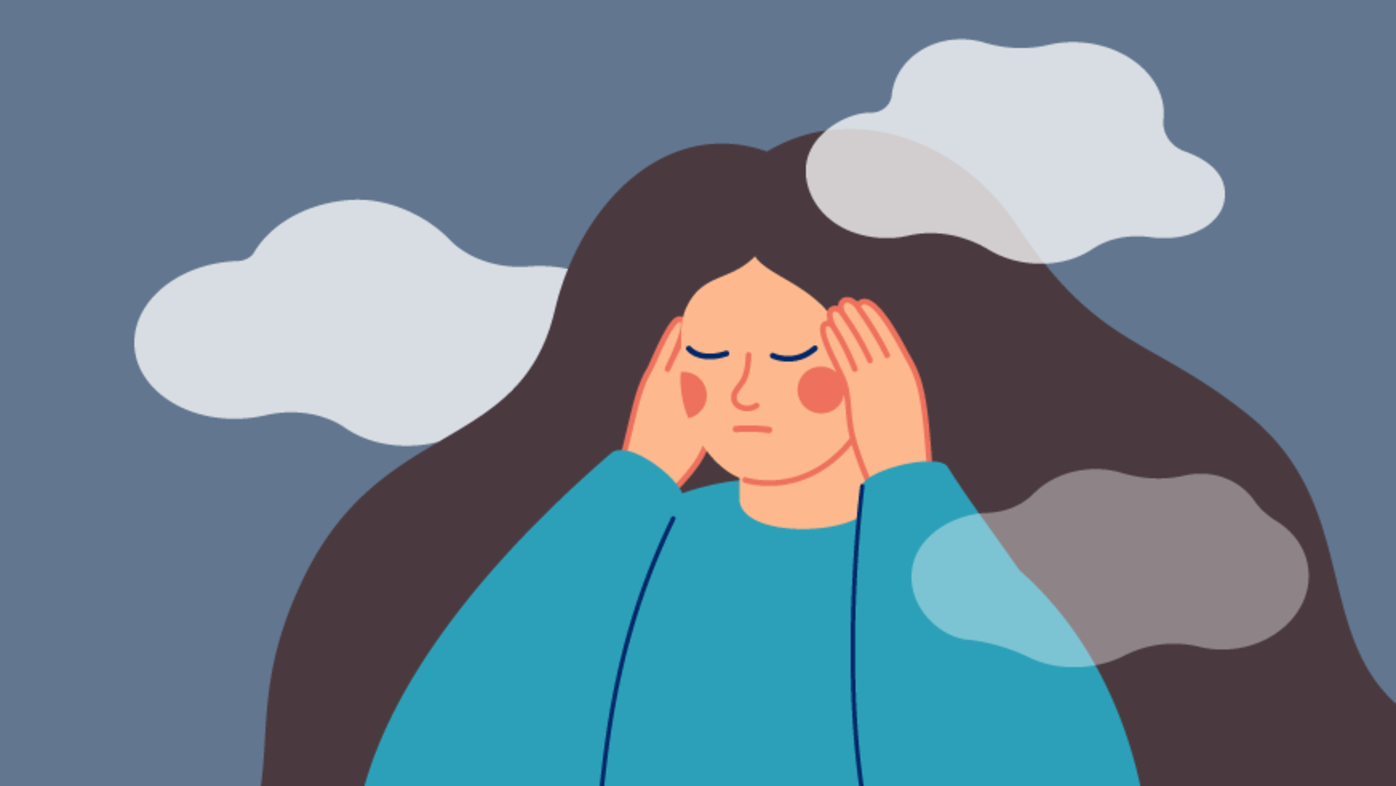Brain fog is becoming increasingly common, with as many as one in four people who contract COVID-19 experiencing it, according to a study in the journal Cell. While experts refer to it as cognitive impairment, there is no single definition for brain fog at the moment. When experiencing brain fog, it can manifest as difficulty putting together sentences or losing one’s train of thought. It can also present as a general feeling of malaise or lack of focus, and is unique to each person who experiences it.
COVID-related brain fog is known to affect attention, memory, and executive function. Executive function is described as the CEO of the brain by clinical neuropsychologist Jacqueline H. Becker, PhD, at Mount Sinai Health System. It helps oversee tasks and is responsible for more complex functions like organizing information, making plans, and problem-solving.
Brain fog can be caused by various factors and health conditions, which may include:
- Insufficient sleep
- Elevated stress levels
- Depression
- Dementia
- Perimenopause
- Medications
- Hormonal imbalances, such as those seen in thyroid disorders
- Chronic health conditions, such as multiple sclerosis
- Deficiencies in essential nutrients, such as vitamin B12 deficiency
- Viral infections like COVID-19, SARS, and H1N1
What is happening in your brain when you have brain fog?

The cognitive functions impacted by brain fog are governed by the frontal lobe, which is the processing center of the brain responsible for our advanced cognitive abilities. Unlike other brain regions, the frontal lobe is a newer and larger region that only develops in humans, making it vulnerable to change throughout life. According to Erica Cotton, PsyD, a neuropsychologist at Northwestern Memorial Hospital, the frontal lobe is the last brain network to mature and does not fully develop until an individual reaches 25 years of age. Even those who do not believe they experience brain fog can relate to the feeling of decreased frontal lobe functioning, such as feeling tired and having difficulty concentrating after a long and busy day.
Getting rid of brain fog
Truth be told, there is no quick cure for brain fog, but experts recommend adopting specific lifestyle tweaks to address the fixable causes in addition to strategies to cope with long-term ones. First, take care of obvious needs, like sleep and ongoing pain, and see if the fog lifts. “When sleep is good, we feel clear-headed, efficient, and quick,” Cotton notes. Sleep needs vary, but generally, you need between seven and nine hours. (We know, you’ve heard this before! But in this case, it’s imperative to actually do it.)
Pain is one of the most reliably distracting stimuli, says Cotton, and it takes over attention, making it hard to concentrate on anything else. Talk to your healthcare provider about any chronic aches you’re experiencing. Some medications can also affect cognitive abilities. For example, meds that make you feel drowsy, such as OTC allergy drugs, can exacerbate brain fog, according to Dr. Perez-Giraldo. Check with your doctor about possible swaps if you think there might be a connection.
And generally, when you’re upset, it’s hard to focus because the limbic centers of the brain (which regulate emotion and memory) pull attention away from the frontal lobe, says Cotton. For those with brain fog, feeling highly emotionally activated makes it even harder to engage the frontal lobe well. Cognitive behavioral therapy (CBT) can strengthen the frontal lobe so it can regulate the limbic system and prevent focus from getting swept away by feelings. CBT, by changing harmful thinking habits, can also help with anxiety and depression, both of which have been associated with brain fog. If the fog is severely impacting your daily functioning and causing significant distress, you may benefit from an outpatient cognitive rehabilitation program, which involves occupational and speech therapies.
To qualify, you’ll need an evaluation and referral from a neurologist, neuropsychologist, or PCP. There is no age restriction, and insurance covers it, but the number of sessions included usually varies by plan. This type of rehab is typically offered at health facilities that provide speech-language pathology services, and it helps you build strategies in the areas you struggle with, says Alba Miranda Azola, MD, the co-director of the Johns Hopkins Post-Acute COVID-19 Team and an assistant professor of physical medicine and rehabilitation. For example, if you have memory issues, a therapist will guide you in creating extra checklists tailored to your work. “Patients report significant improvement after completing those therapies,” says Cotton. “They start to feel like themselves again.”



